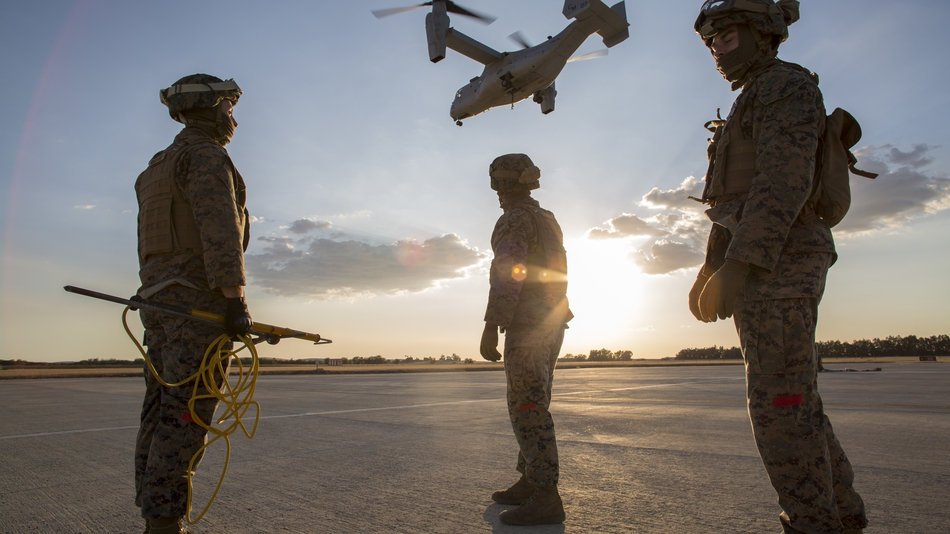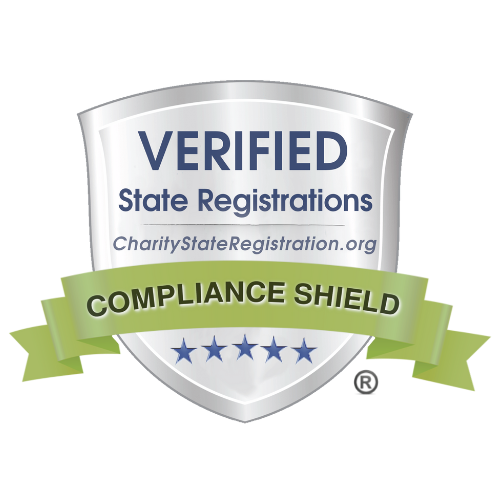Victor Bohm | October 7, 2020
Read: IAVA CEO Jeremy Butler Comments on the Unique Issues That Post 9/11 Veterans Face on the 19th Anniversary of the War in Afghanistan

19 years since Afghanistan and our veterans are still facing the after-effects
Operation Enduring Freedom (OEF) was activated 26 days after the attacks on 9/11. Nineteen years later, almost 2 million American military personnel have deployed, totaling over 3 million tours of duty. In all, there are 4.2 million post 9/11 veterans — heroes, who answered the call to serve. Yet, too often they are overlooked.
Veterans in the post 9/11 cohort face unique issues that unfortunately, rarely breach the mainstream media and many times aren’t effectively addressed. The open-air burn pits that OEF military installations used to burn waste has led to lung damage and rare cancers among many veterans. Garbage, plastics, medical instruments and even human waste were burned in these pits, sometimes near the barracks. Newly-released documents show that military health officials at the base on the Uzbekistan-Afghanistan border knew that troops were at risk of toxic chemical exposure from the burn pits. While the earliest reports are from 2002, the base remained operational until 2005. Hundreds of veterans that served there have reported cancer diagnoses. To collect more evidence, IAVA conducted a survey which revealed that 86 percent of our 400,000+ veteran members had been exposed to burn pits and toxic chemicals.
IAVA has worked with many members of Congress to support legislation that positively impacts veterans such as the Toxic Exposure in the American Military (TEAM) Act (S.4393) and the War Fighters Act (S.5472 & H.R.8261). These bills will catalyze change at the national level to ensure veterans that have been exposed get the health care and benefits they deserve.
Another key issue among the veteran community is mental health. An astounding 62 percent of IAVA members report knowing a fellow veteran who has died by suicide — a 22 percent increase since 2014. As we see too often with other tragedies, victims quickly become numbers in the public eye. The commonly repeated fact that 20 veterans die by suicide every day seems to have lost its gravity. After leaving the service, a veteran can feel isolated and alone. While veteran service organizations, like IAVA, have created programs to connect veterans to vital mental health resources, overall access must be increased.
Our policymakers have come together and passed the Commander John Scott Hannon Veterans Mental Health Care Improvement Act of 2019 — a comprehensive, bipartisan bill that seeks to drive meaningful change on the issue of veteran suicide. The IAVA-backed bill honors Commander John Scott Hannon, a Navy SEAL who served our country for 23 years before tragically dying by suicide in 2018. This legislation builds on previous suicide prevention programs to create a safety net in treating the invisible wounds of war, PTSD and Traumatic Brain Injury.
Unemployment is another adversity the veteran community is struggling with. An increase in the veteran unemployment rate is particularly worrisome since it is a gateway to homelessness. This issue has only been compounded by the COVID-19 crisis. In September alone, post-9/11 veterans reported a greater than 7.5 percent unemployment rate for the month. To tackle this problem, Congress introduced the Veteran Economic Recovery Act (S. 3899). This bill, supported by IAVA, aims to retrain veterans into high growth industries providing them access to employment opportunities that will pull service members out of the vicious cycle of homelessness and keep them out. IAVA also fights veteran unemployment by defending legislation such as the Post-9/11 (or “New”) GI Bill. The organization is committed to protecting veterans from being exploited by predatory schools who take advantage of the education benefits provided by this bill and leave veterans with unnecessary debt and a sub-par education.
Our women veterans also face unique challenges of their own. More than 345,000 female veterans have deployed since 9/11 and the overall numbers are only increasing, compared to the population of male veterans that is expected to decline in the next few decades. Yet, the needs of women vets are overlooked far too often. IAVA has made it a priority to better the foundation of care for women veterans and bring it to scale. The organization launched the #SheWhoBorneTheBattle campaign, built around The Deborah Sampson Act (S.514 & H.R.2452), focused on closing the gaps in VA care to better address the needs of women veterans, who are at greater risk than their male counterparts to receive inadequate health care services, leading to homelessness, unemployment and other preventable challenges.
In addition to supporting such essential legislation, IAVA also advocates for the veteran voice by encouraging voting among the veteran community. The Vote Hub is an example of an easy to use tool, implemented by the IAVA to help increase voter turnout by simplifying voter registration for veterans and service members, improving access to information about voting initiatives, and more. That’s not all, IAVA has also developed a one-stop-shop veteran care referral service called Quick Reaction Force. QRF provides free, confidential, 24/7 peer support, remote care management and connections to quality resources regarding employment, financial assistance, housing and homelessness, mental health, and more, for all veterans and family members.
I want to thank our allies in Congress for passing key legislation in support of our brave service members at a critical time and I urge our legislators to keep up this momentum. Our veterans have already sacrificed for our country and we must ensure that they have access to proper resources to effectively meet their needs, now and always.
Jeremy Butler is the Chief Executive Officer of Iraq and Afghanistan Veterans of America.
This piece originally ran in The Hill publication on October 7, 2020.





